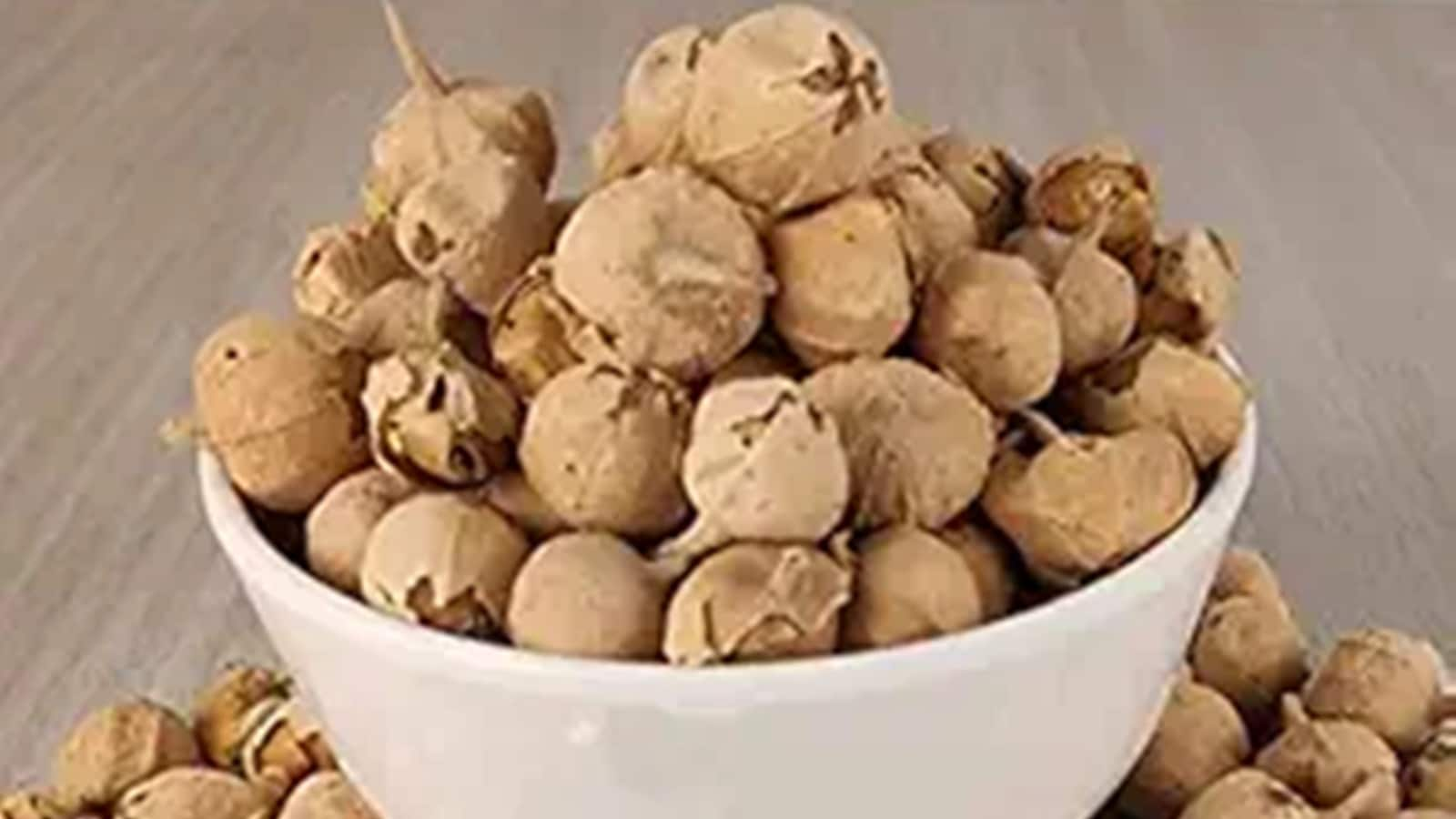There are various dos and don’ts when it comes to a diabetes-friendly diet. After all, diabetics need to eat foods that do not cause a spike in their blood sugar levels. As such, when Ayurveda practitioner Jitendra Singh Baluwat claimed that paneer doda, or paneer ke phool, can help manage diabetes, and may in fact even curb it, we wanted to verify it.
According to Baluwat’s Instagram post, in Ayurveda, the plant is known as rishyaganda and can help against Type 2 diabetes by regularising urine and controlling blood sugar levels.

How to use it?
Baluwat shared: Soak 10-15 paneer doda overnight in a glass of water. Filter the water and drink it on an empty stomach. Do not eat or drink anything for one hour.
Is there any truth to this claim?
Paneer doda or paneer ke phool, also called Indian rennet or Withania Somnifera, is a traditional herbal remedy used in Ayurvedic medicine for managing diabetes. “From a doctor’s perspective, these remedies may offer some benefits for diabetics, but they should be approached with caution,” said Dr Haricharan G, senior consultant physician, HoD, internal medicine, Gleneagles Hospitals, Lakdi Ka Pul, Hyderabad.
Elaborating on the connection, he added: “Paneer doda is believed to help regulate blood sugar levels by enhancing insulin sensitivity and reducing glucose absorption in the intestines. It also possesses antioxidant properties, which may help mitigate oxidative stress, a factor contributing to diabetes complications. Traditionally, paneer doda is soaked in water overnight, and the infused water is consumed in the morning,” said Dr Haricharan.
Unlike Baluwat, Dr Haricharan said that while paneer ke phool is known for its adaptogenic properties, helping to reduce stress, which is a common factor for blood sugar spikes, “scientific evidence supporting this is limited”.
 Have you ever had paneer doda? (Source: Amazon.in)
Have you ever had paneer doda? (Source: Amazon.in)
While these remedies have been traditionally used, they should not replace prescribed diabetes medications or a healthy diet, urged Dr Haricharan.
“The efficacy and safety of these herbs are not fully established in clinical studies. Therefore, it’s essential for diabetics to consult with their healthcare provider before using these remedies to ensure they do not interfere with existing treatments or cause adverse effects,” said Dr Haricharan.
DISCLAIMER: This article is based on information from the public domain and/or the experts we spoke to. Always consult your health practitioner before starting any routine.
Why should you buy our Subscription?
You want to be the smartest in the room.
You want access to our award-winning journalism.
You don’t want to be misled and misinformed.
Choose your subscription package
📣 For more lifestyle news, click here to join our WhatsApp Channel and also follow us on Instagram


